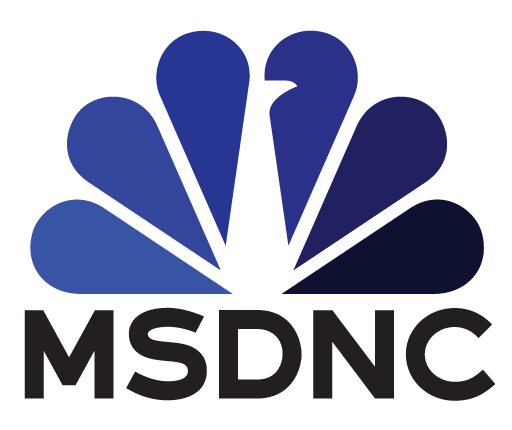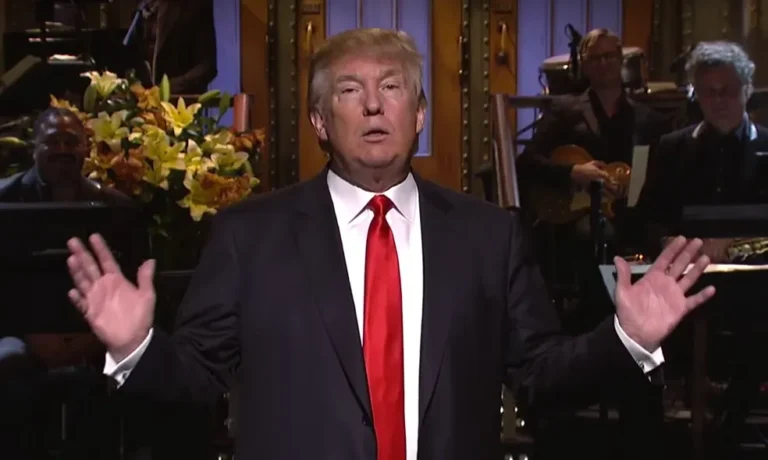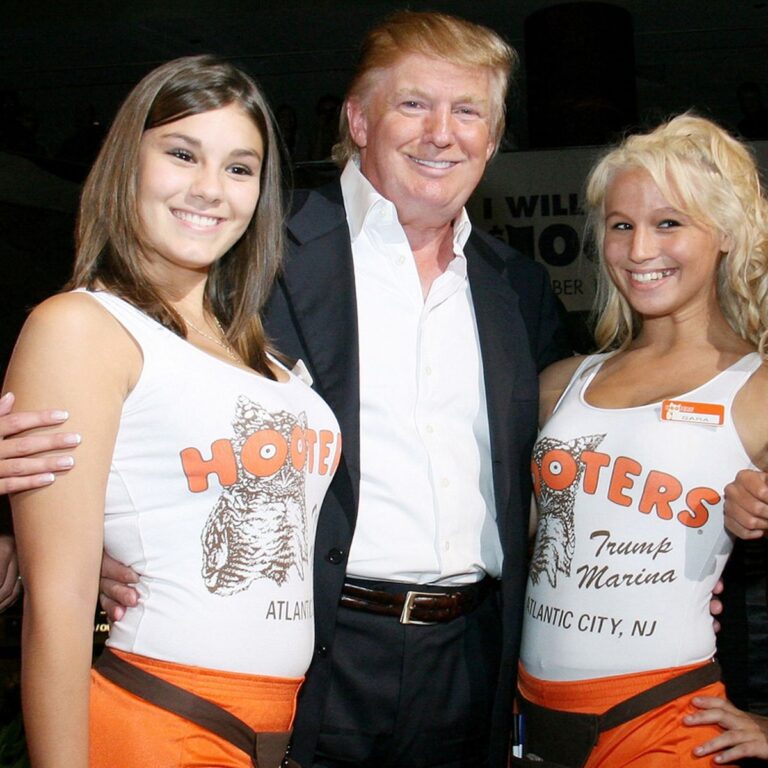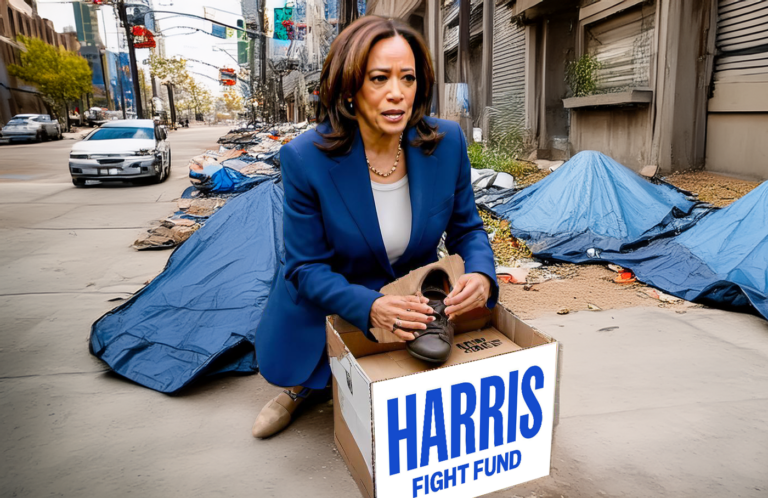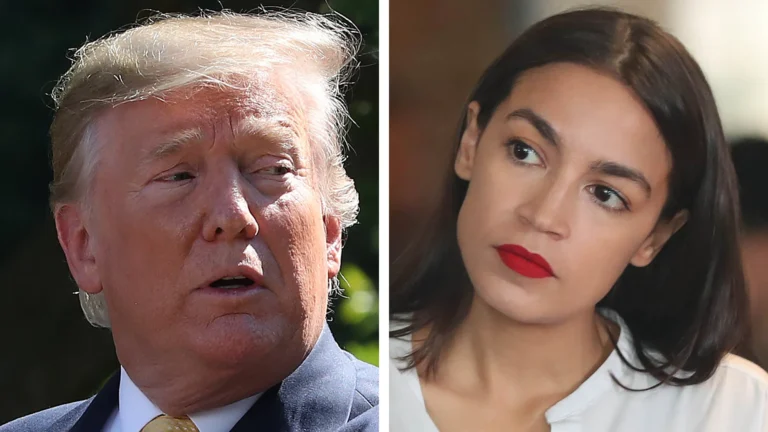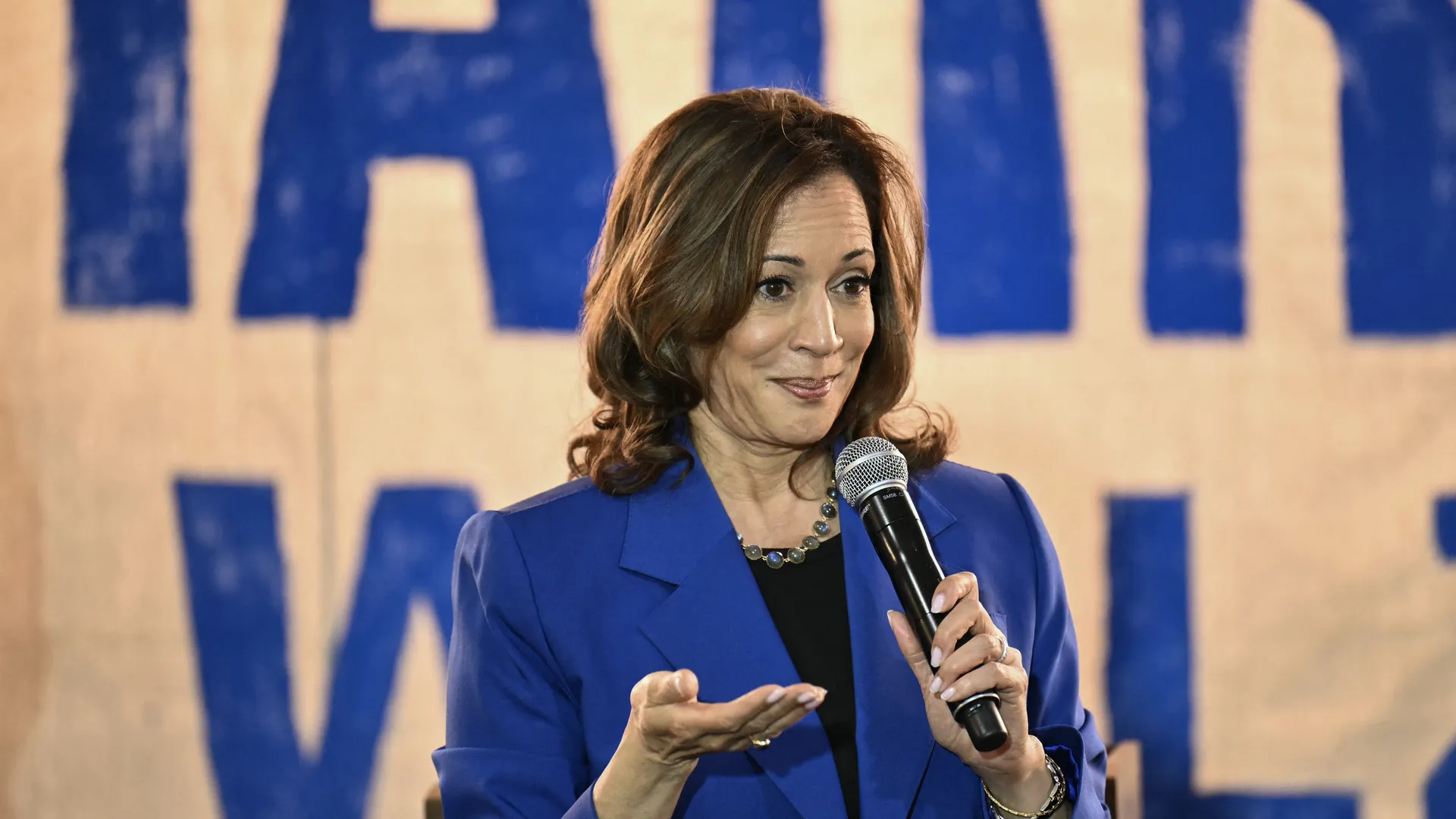
Kamala Harris Declares War on Free Speech, Claims It’s “Not Fair” That People Are Making Fun of Her on X
In a stunning revelation that left political analysts and meme creators alike scratching their heads, Vice President Kamala Harris has allegedly been working behind the scenes to enforce a sweeping censorship regime, all while masterfully dodging any questions that might give away her true intentions.
During a recent press interview, Harris, who seemed to be suffering from an apparent case of uncomfortable transparency, was asked repeatedly about her stance on free speech. What followed was a level of evasiveness that could make even a seasoned politician blush.
“I think we all agree,” Harris began, visibly sweating under the spotlight, “that we need to ensure our democracy is protected. And, uh, democracy is, well… what we need to protect. And sometimes, to protect democracy, we have to make sure that, um… not everyone has a platform to say whatever they want.”
When pressed further on the specifics of this, Harris quickly pivoted, channeling her inner political ninja. “Look, I’m just saying that there are some things that need to be said, and others, well, they need to be… not said.” She grinned, as if she were about to reveal a groundbreaking policy on unicorns in government.
Reporters, clearly trying to dig deeper into the implications of her comments, began asking about her views on the First Amendment, free speech, and the potential for government censorship under her leadership. Harris’s response was nothing short of a masterclass in deflection.
“I believe in free speech,” she insisted, raising her voice ever so slightly, “But free speech needs to be responsible. Responsible! You see? And if that means, uh, limiting what people can say on platforms like… well, X… then I think we need to have a conversation about, you know, responsibility.”
The line of questioning grew more intense, with reporters asking, “Do you believe people should have the right to express dissenting opinions, even if they criticize you or the government?”
Harris’s response was a flurry of frustration and stammering. “It’s NOT FAIR!” she snapped, throwing her hands in the air, her voice rising to the level of a soap opera villain. “Why is it okay for people to make fun of me on X? I mean, I’m just trying to do my job! People are calling me, like, ‘cackling Kamala’—and it’s hurtful! Hurtful! Can’t we, I don’t know, put a stop to that? It’s not like it’s constructive criticism! What’s happened to civil discourse?”
The interview room fell silent for a moment as Harris took a breath, her eyes darting back and forth as if trying to locate a safe space to vent her frustration. “I’m just saying,” she continued, “I love free speech. I do! But there’s a line. If everyone’s allowed to just say whatever they want, then what’s the point of having a government at all? We should just… I don’t know… let the chaos reign?”
In a final, exasperated plea, Harris added, “It’s not about censoring—it’s about protecting the good of the people! You know, sometimes the people need to be protected from their own words. Especially when those words are about me.”
When reporters tried to steer the conversation back to more pressing issues, like the role of government in controlling online speech, Harris quickly closed off the discussion with a curt, “Look, I don’t want to get into specifics. What’s more important is that we focus on what really matters: unity, progress, and making sure no one calls me ‘cackling Kamala’ ever again.”
As the interview concluded, Harris appeared visibly agitated, throwing her notes into her briefcase with a flourish, muttering something about “needing a nap” and “being better prepared next time.”
While the public waits to see how this controversial approach to free speech plays out, one thing is clear: Kamala Harris is absolutely not okay with people mocking her online. And if she gets her way, the First Amendment might be the next thing she tries to protect… by limiting it.
Stay tuned for more updates from the administration that’s all about freedom—as long as it doesn’t involve making fun of the people in charge.
